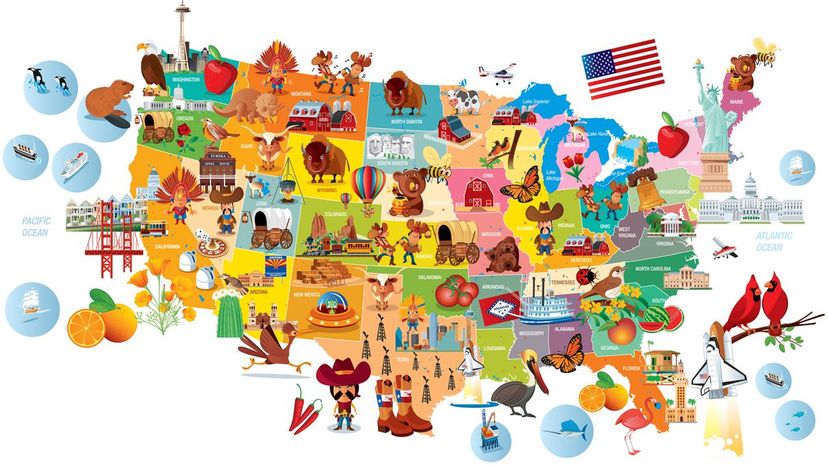
About This Quiz
They don't call the United States the "melting pot" for nothing! And nowhere are the differences from east to west and north to south more obvious than in the nickname each state has adopted. Consider the upper northeast, with Delaware and Connecticut paying homage to their role in the founding of the United States. Travel a bit further south to Kentucky and West Virginia and you'll see state nicknames that more closely focus on the topography and agriculture of their areas - mountains and grasses. Venture out west to California and Oregon and you'll find nicknames that allude to what made these states a popular choice for settlers: commerce opportunities surrounding gold and fur.
Generally, when a state chooses a nickname - whether officially or unofficially - it does so based on something it has become well-known for. That's the one thing that binds us together as 50 individual states: A pride in our individual heritages that we want to share with the world!
In this quiz, we've gathered the common nicknames for each of our 50 states to see how well you know "The Sunshine State" from "The Golden State." See if you can match "The Last Frontier" and "Old Dominion" to their respective states, among others. We suspect you Peli-"can" (State) ace this quiz!

Alabama earned the nickname "Yellowhammer State" thanks to some particularly clean uniforms with flashes of yellow that new soldiers showed up in, in front of war-weary soldiers with worn uniforms.
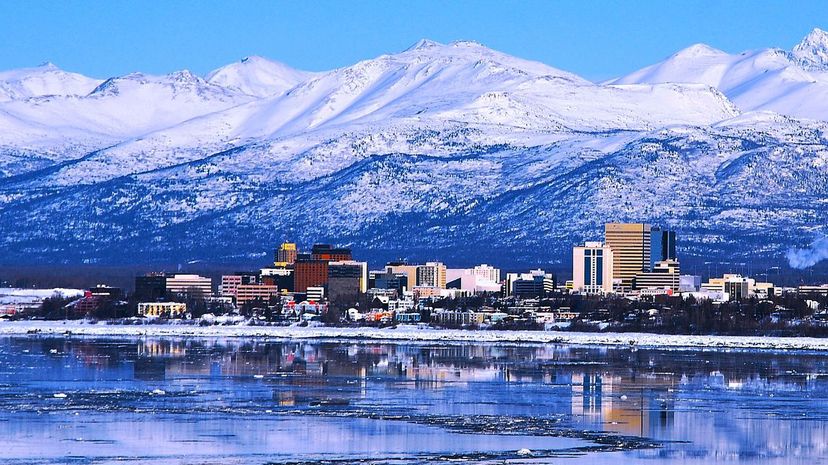
It's not hard to see why Alaska earned the nickname, "The Last Frontier." Its rugged terrain, combined with its distance from the contiguous United States, makes it one of the last places most Americans would be able to get to.
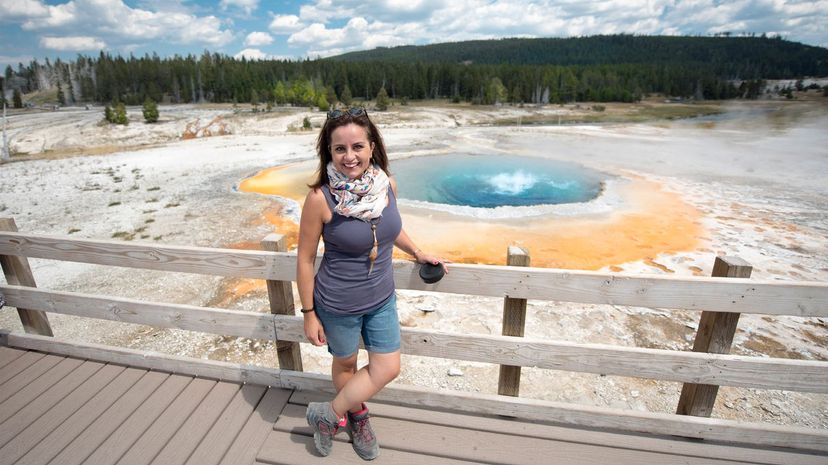
Wyoming reminds people of its stance on equality by having by the nickname, "The Equality State." Not only were women here the first to vote in the nation, but they have also led the way in holding public office.
Advertisement

One of the original colonies, Virginia's nickname is likely derived from that very idea. It was the first and oldest of the New World "dominions" of the royalty in England. The state is also host to Old Dominion University.

In Hawaii, the word "aloha" is used as both a greeting and a way to bid someone farewell. It's only appropriate that the word also represent Hawaii in its nickname, adopted officially in 1959.
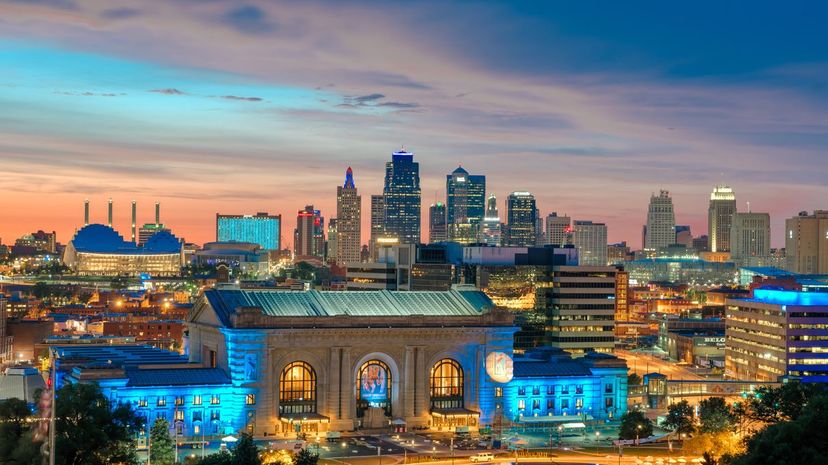
Kansans love their sunflowers. They love them so much that they've dubbed the bloom both the state flower and part of the state's nickname. These flowers grow in abundance throughout the state.
Advertisement
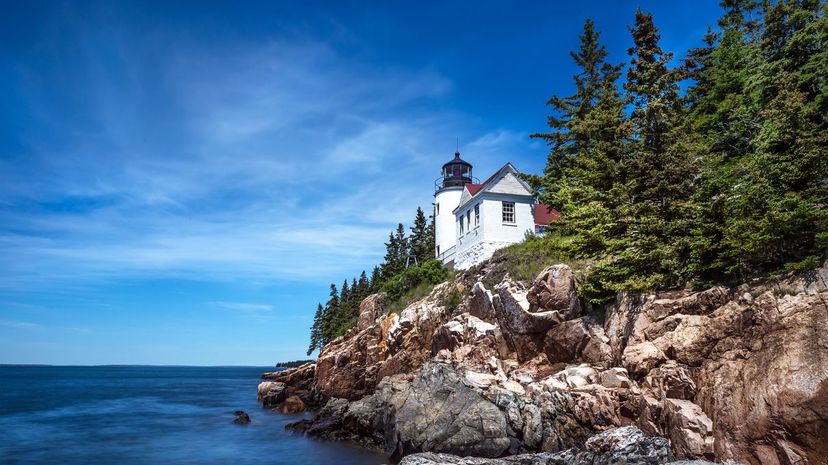
Maine is all in on the pine tree, featuring it in its state nickname and on its flag and quarter. The pine tree also makes an appearance as the state's official tree, with its pine cone part of the floral emblem.
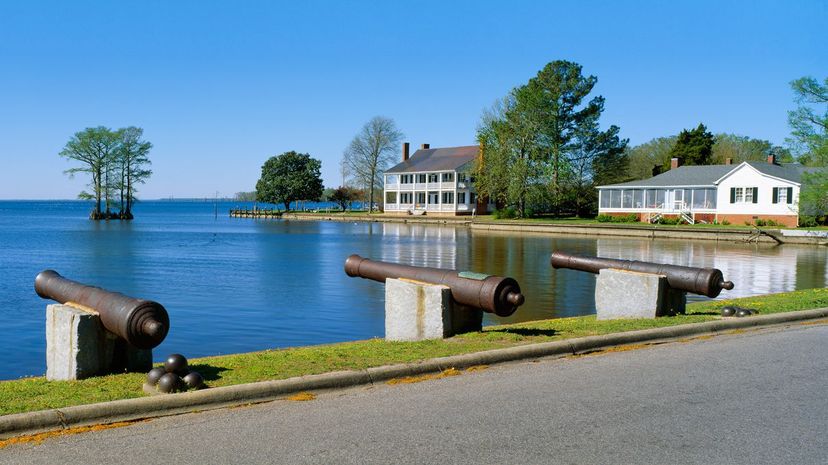
North Carolina earned its "Tar Heel State" nickname dating back to colonial times when some of its earliest products included tar, pitch and turpentine. The messiness of the product caused it to end up on workers' feet, thus they became "Tar Heels." (Note that there are differing opinions on this origin story!)

New Jersey earned its nickname in a peculiar way, by simply being referred to as a "Garden State" open on both ends - one to Pennsylvanians and one to New Yorkers. Detractors of the choice said that residents of New Jersey wouldn't particularly associate their state with gardening, but the name stuck nonetheless.
Advertisement
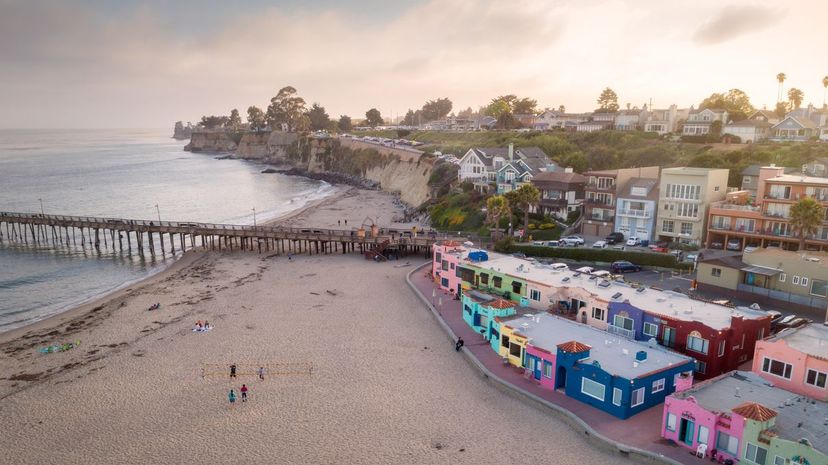
"The Golden State" was a logical choice for California, where hundreds of thousands of explorers set out for during the Gold Rush in the mid-1800s. Roughly $2 billion in gold was discovered in the area during the Gold Rush period.
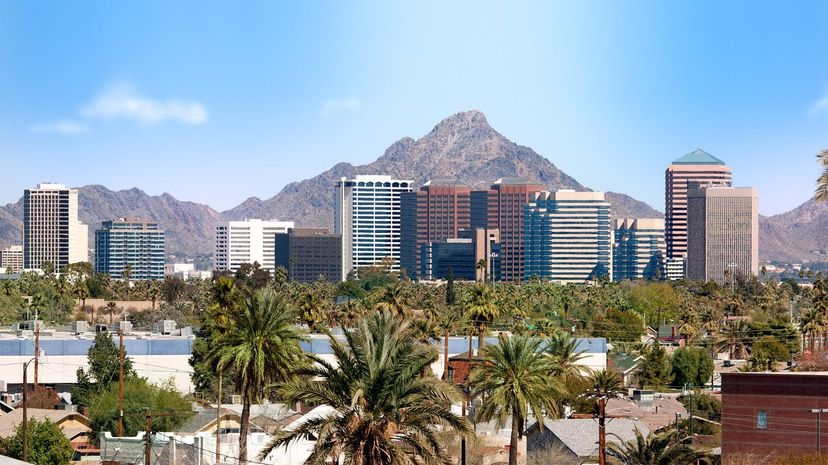
Arizona, logically, earned the nickname "The Grand Canyon State," because it is home to a good portion of the--wait for it--Grand Canyon. The Grand Canyon occupies 1,900 square miles in the state's northern area.

Philadelphia may claim to be the site of the Constitution's writing and signing, but historian John Fiske claimed that the first Constitution was actually the Fundamental Orders of 1638/39 written in, you guessed it, Connecticut.
Advertisement
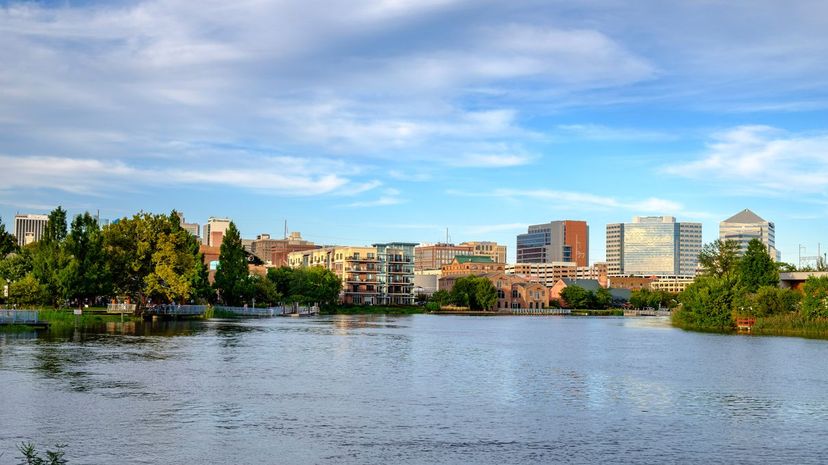
It wasn't the first actual state, perhaps, but it was the first state of the original 13 in the New World to ratify the Constitution written in Philadelphia. Delaware's license plates pay honor to this designation.
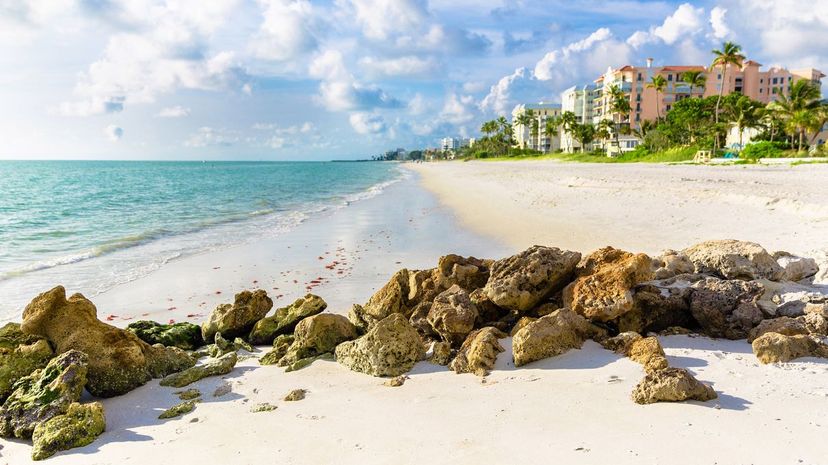
Florida's weather, which includes a lot of sunshine, is a perfect fit for its landscape and the millions of visitors who flock to the state every year. Florida boasts 700 miles of beaches wrapping around its peninsula.
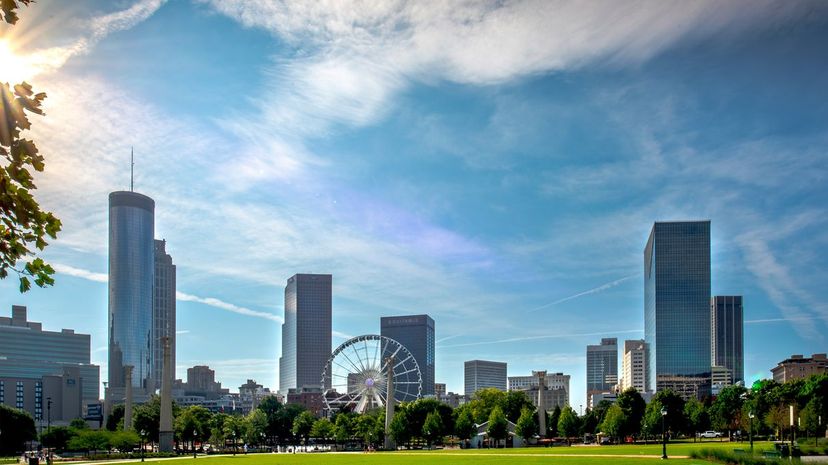
Georgia is well-known for its excellent produce, the best of which are its peaches grown around the state. The state adopted the peach as its official fruit, to complement its nickname, in 1995.
Advertisement
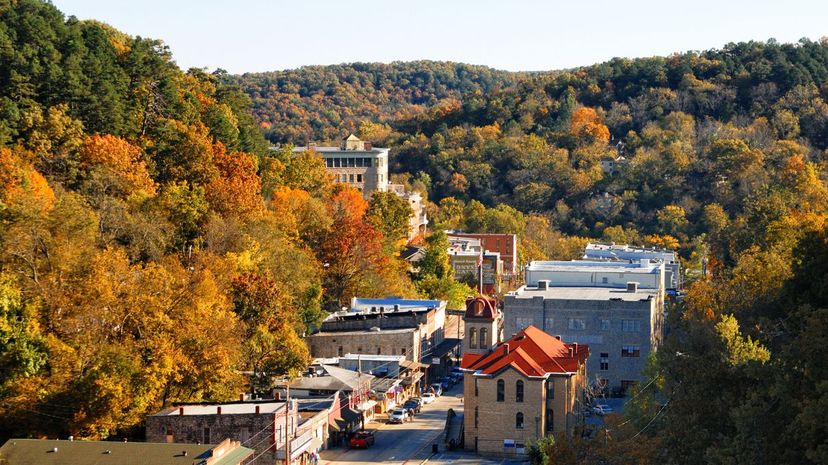
Arkansas' vast beauty, evident in its landscape, and its myriad species of wildlife helped earn the state the designation as "The Natural State." Arkansas is home to the nation's first protected stream.

If you can't beat them, join them. Nebraska's nickname was borrowed from the University of Nebraska's school mascot, the Cornhuskers. A reporter actually coined the nickname, which later became part of the state's identity.
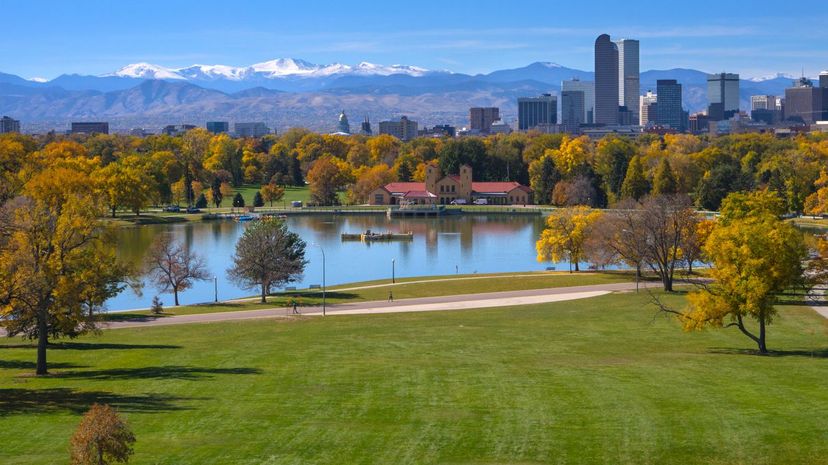
Colorado's "birth" 100 years after the Declaration of Independence was signed helped guide the creation of its nickname. Colorado became a state in 1876, while the Declaration of Independence was signed in 1776.
Advertisement
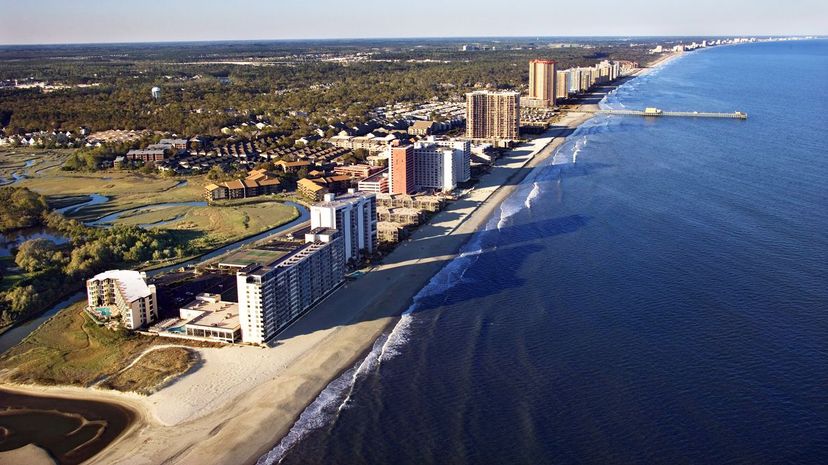
South Carolina boasts a lot of palmetto trees, specifically the Sabal Palmetto, which is also the state's official tree. The palmetto also appears on the state's official flag and its license plate.

West Virginia is the only state located entirely in the Appalachian Mountain range, which stretches from Canada in the north to central Alabama in the south. The mountain range's highest point, however, is in North Carolina.
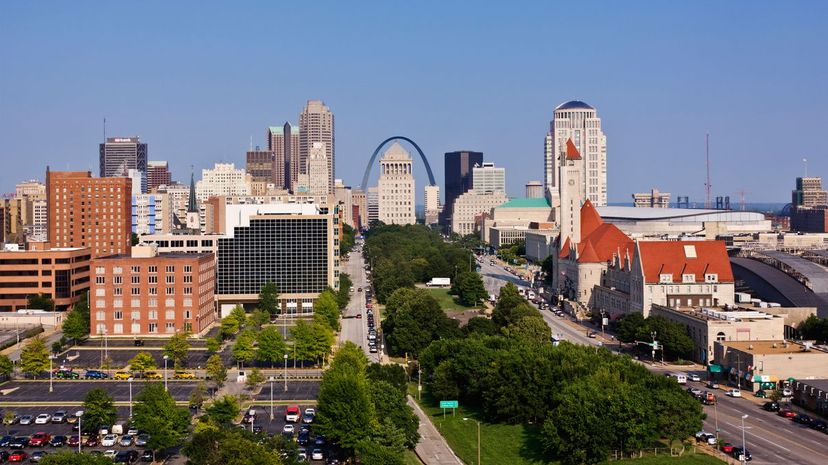
Missouri's nickname is all about attitude, a nod to the idea that you have to "show me" something rather than just "tell me" something. Not surprisingly, the zinger of a nickname is attributed to a politician.
Advertisement
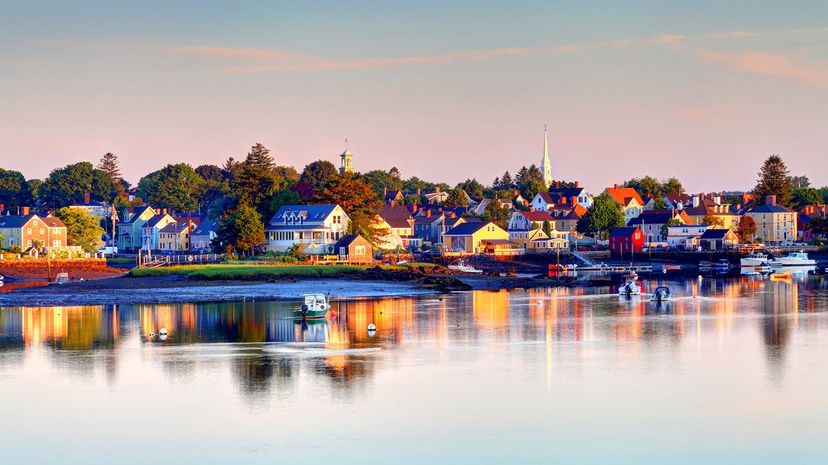
New Hampshire's one-time industry surrounding the quarrying of granite helped solidify its nickname as "The Granite State." Granite is also New Hampshire's official state rock.

Illinois is home to a lot of prairie land and even celebrates the ecosystem with a full week set aside as Illinois Prairie Week. The event is designed to educate people on the importance of protecting Illinois' natural prairies.
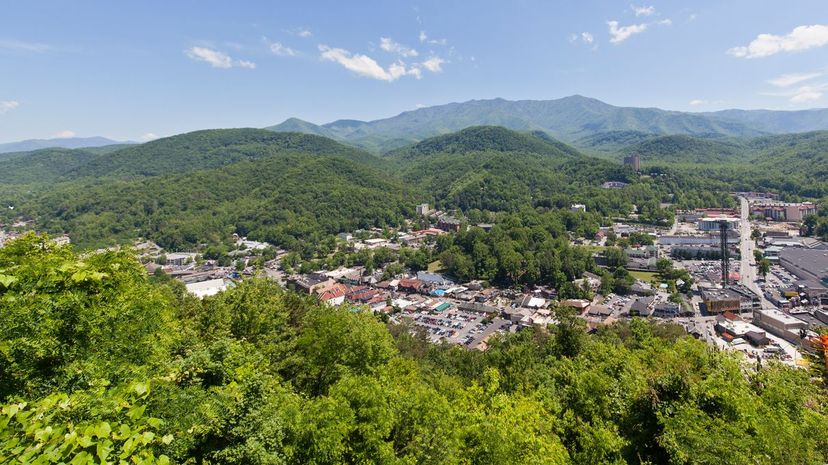
Mostly known for being the mascot of the University of Tennessee, the "volunteer" portion of "The Volunteer State" actually originated during the War of 1812. It pays tribute to volunteer soldiers from Tennessee who fought in battle.
Advertisement
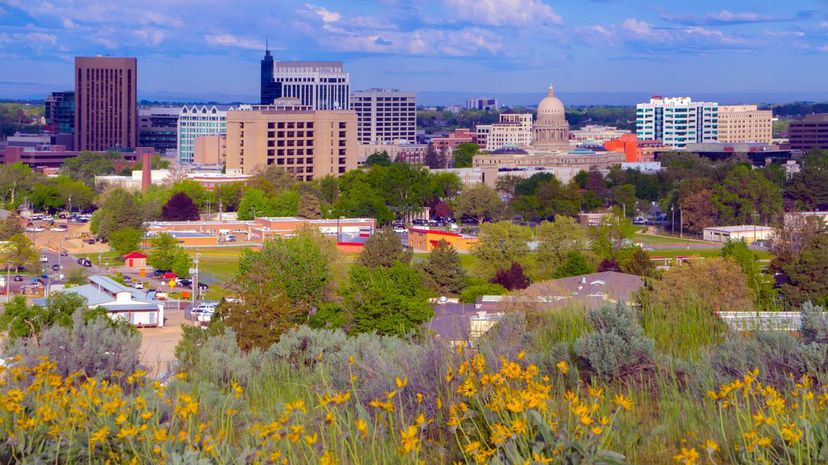
Idaho's vast natural resources, which include a variety of minerals ranging from gold and silver to zinc and copper, makes it a "gem" of a state. Its "Gem State" nickname accurately reflects that.

No, Kentucky's grass isn't blue, but its nickname is: "The Bluegrass State." A hue from the plant when it first grows in spring gives it a blue/purple tint, which helped it--and the state--earn its reputation.

Indiana's nickname as "The Hoosier State" doesn't have clear origins. The word has been used in the state since the early 1800s and was later put into print by poet John Finley, who wrote "The Hoosier's Nest."
Advertisement
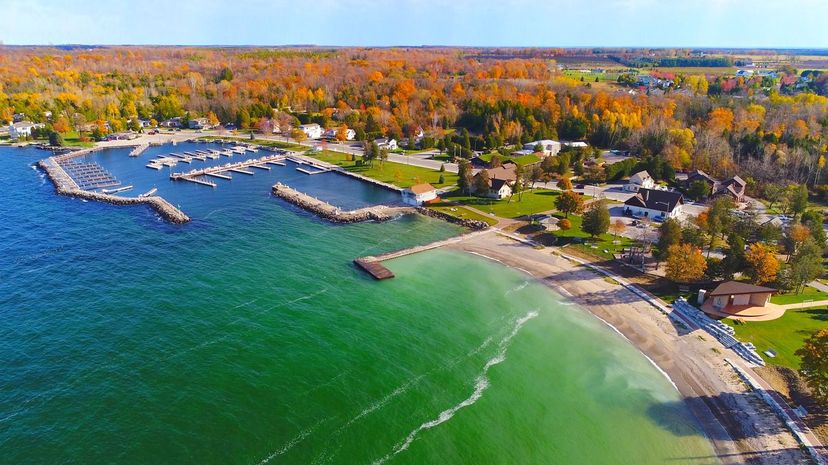
Wisconsin's relationship with the badger is likely not as well known as some other things, but that is the state's nickname nonetheless. The badger has been Wisconsin's state animal since the 1950s.
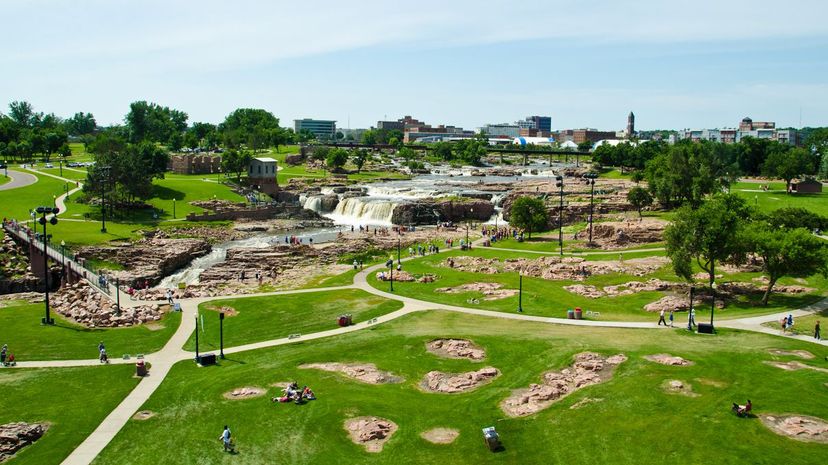
South Dakota is home to Mount Rushmore, where the faces of four instrumental figures are carved. The faces are each 60-ft. high and carved into a hill in South Dakota's Black Hills.
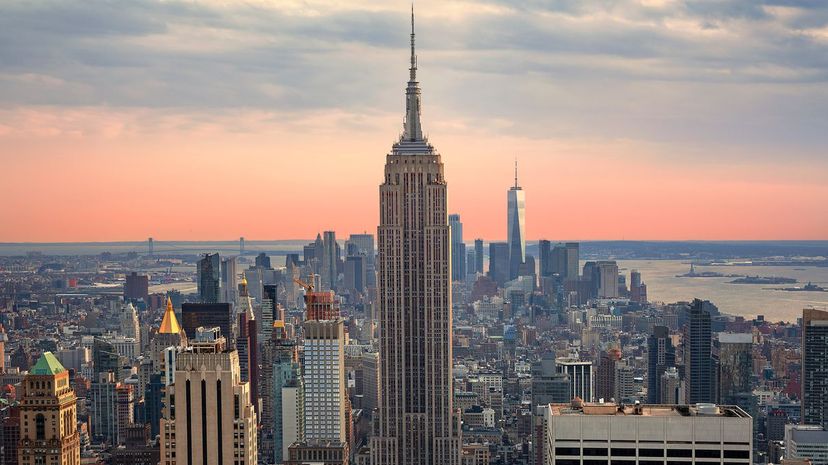
"The Empire State" shares part of its name with the Empire State Building, a 102-story building located in New York City. The nickname demonstrates New York's significance both in the United States and the world.
Advertisement
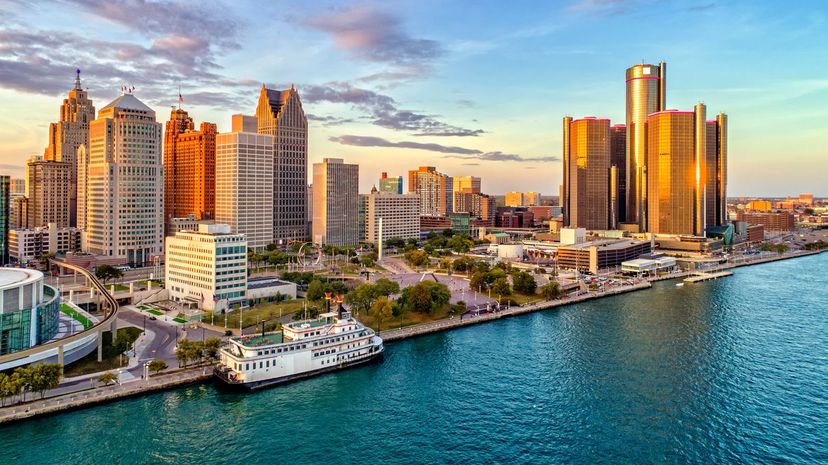
It's no secret that Ohio and Michigan don't really like one another, but legend says that residents of Ohio bestowed the "Wolverine" nickname on those from Michigan because they considered them ruthless and vicious. The states were allegedly fighting over Toledo, which Ohio ultimately won.
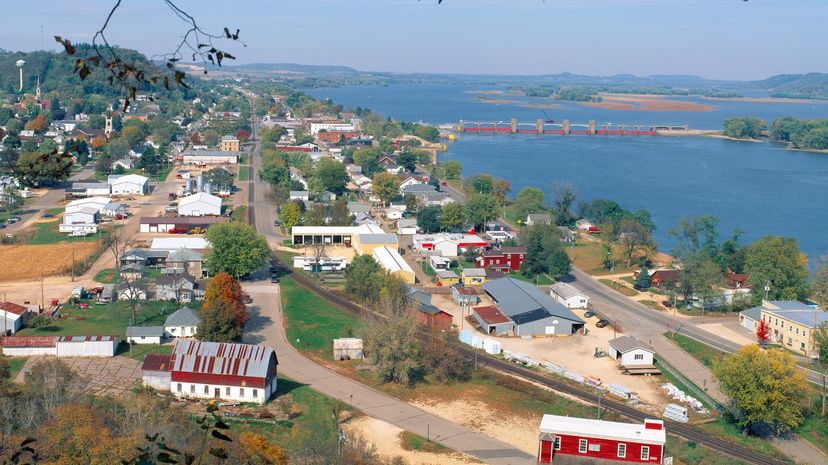
The Hawkeye State, Iowa's nickname, was bestowed upon it in honor of Native American leader, Chief Black Hawk. Later, the state's flagship instution, The University of Iowa, adopted it as its mascot.
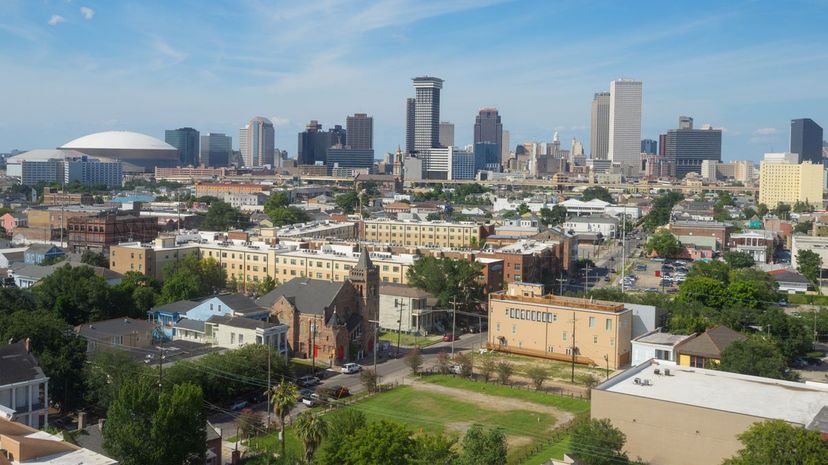
Louisiana is home to the brown pelican and has named the bird its official state bird, displaying its image on the state's flag, coin and state seal. The brown pelican is native to the southern state, and also lends its name to the state's NBA franchise - the New Orleans Pelicans.
Advertisement

Since Pennsylvania was "key" to many important historical events including the signing of the Declaration of Independence, its designation as "The Keystone State" seems appropriate. A keystone is an architectural term for something that holds the other stones around it in place. Deep, huh?

Washington's nickname, "The Evergreen State," is a reference to the state's plentiful evergreen forests that make up its backdrop. It was a realtor and historian who is credited with coming up with the nickname, solidified as official in 1893.
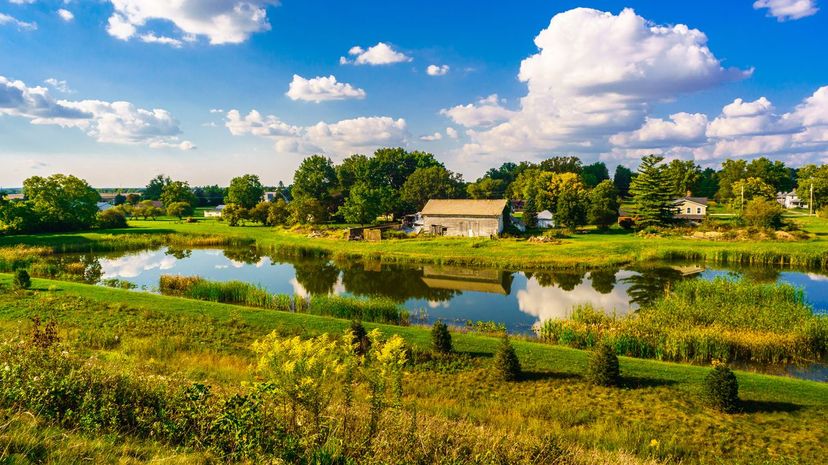
Ohio was once filled with the poisonous buckeye trees that have made its nickname--and its university--so famous. The buckeye is a nut that resembles the eye of a deer, earning the name "hetuck" (or buck eye) from Native Americans.
Advertisement
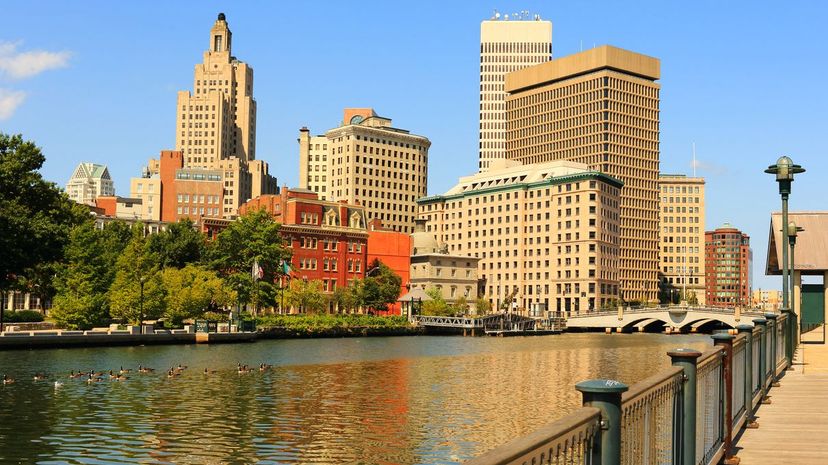
You may not think of Rhode Island when you think of the ocean, but that's the state's nickname and they're sticking to it. They do boast 400 miles of coastline with access to the Atlantic Ocean and Narragansett Bay.
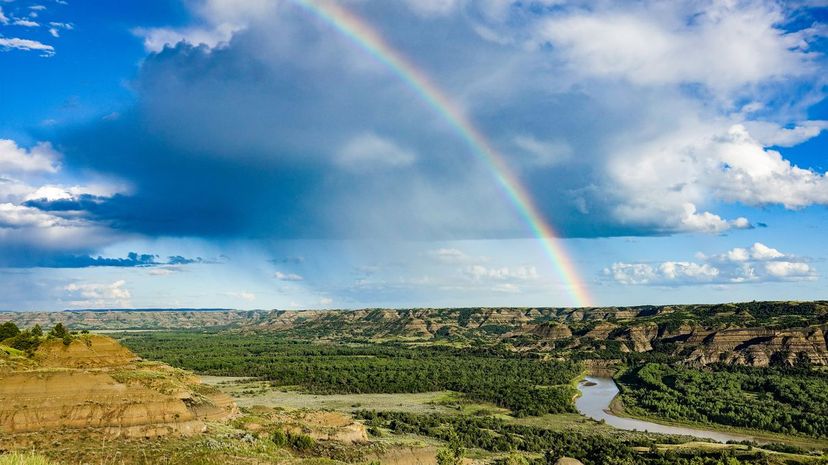
Perhaps a nod to good relations between the United States and Canada, North Dakota is known as "The Peace Garden State" for its International Peace Garden shared between the state and the country to its north.
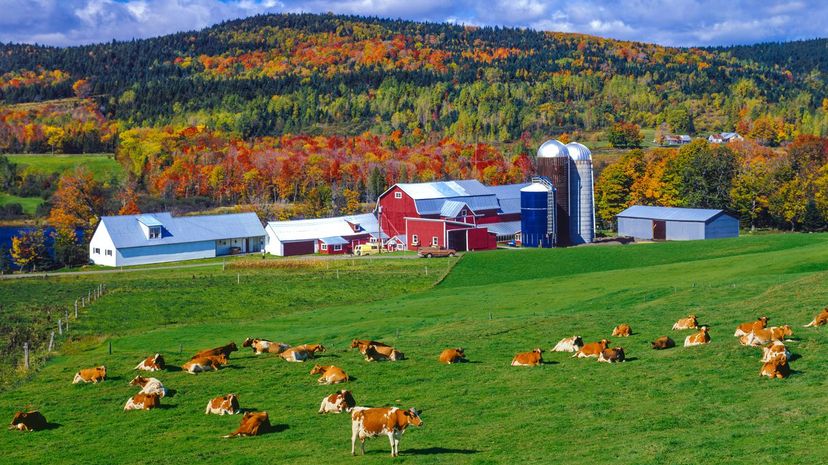
In French, the word "Verd Mont" means "green mountain." It's easy to see then, however Vermont ended up with the nickname, "The Green Mountain State." It doesn't hurt that the Green Mountain range is in Vermont, either.
Advertisement
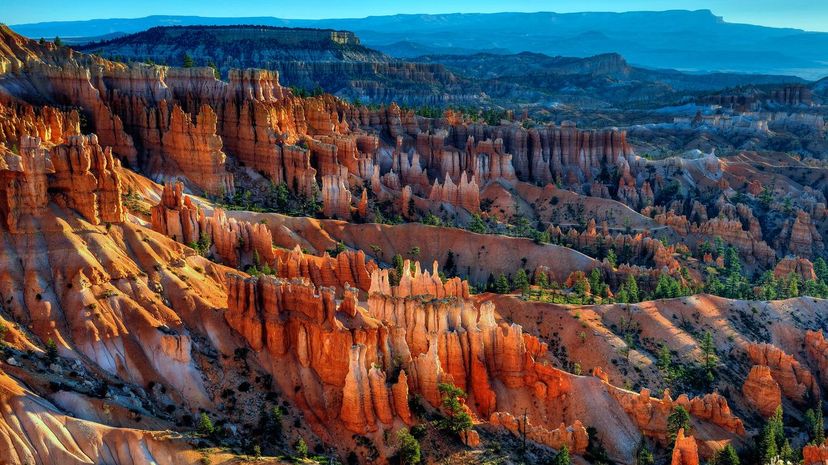
Utah made the beehive its official symbol in the late 1950s, believing it to be representative of hard work, perseverance and diligence among its people. Today, you can spy it the state flag, seal and some police officers' uniforms.
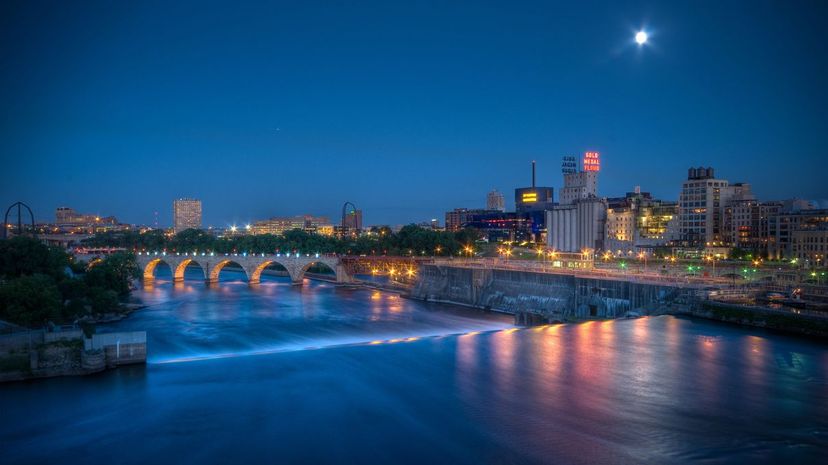
Just like the North Star is high in the sky to give direction, "The North Star State" is primely positioned in the northern part of the United States. Minnesotans believe their state gives people everywhere "direction."
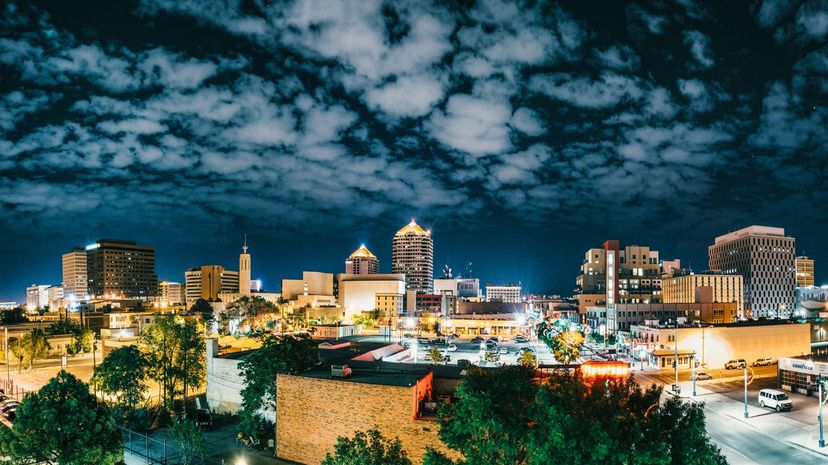
New Mexico nickname, "Land of Enchantment" pays tribute to its heritage, derived from the Spanish "Tierra del Encanto." The enchantment you might feel driving through the area, locals say, is due to the state's beauty and history.
Advertisement
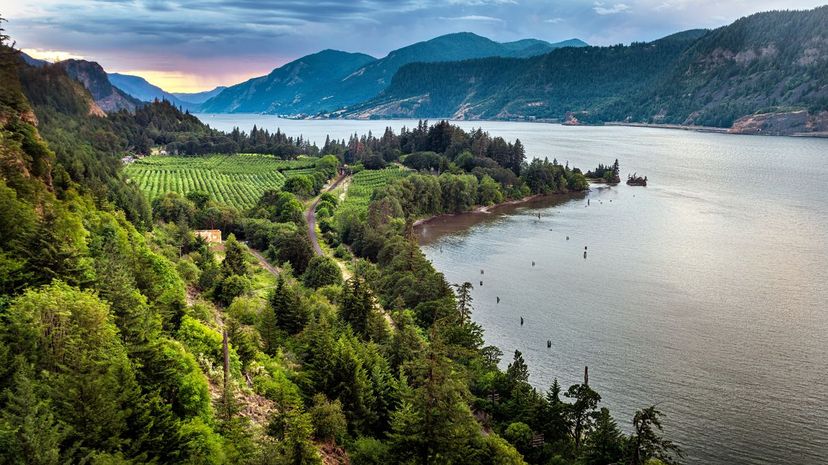
Oregon's rich history as a source of beaver pelts in the fur trade industry helped cement this nickname the state still uses today. The beaver, in fact, is proudly displayed on the state flag and is the state's official animal.
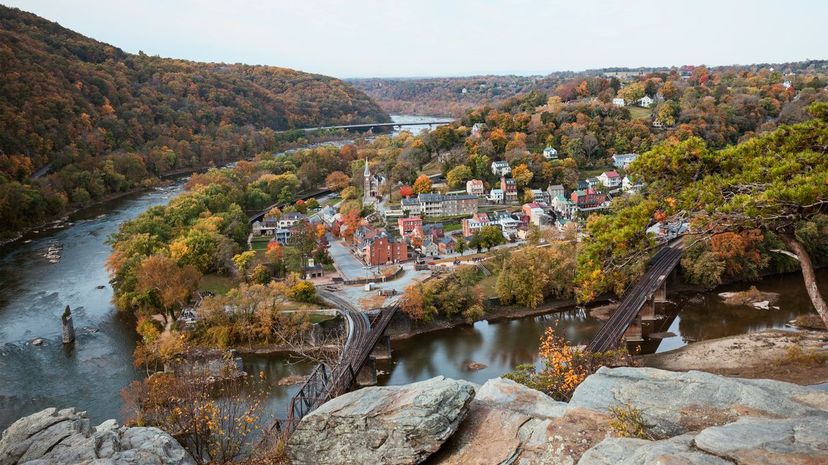
General George Washington honored Maryland with the designation of being "The Old Line State," a nod to the soldiers who fought during the Revolutionary War. The nickname was targeted directly to Maryland's regular line troops, the "Maryland Line."

Nevada is known as "The Silver State," a nod to its silver mine industries and the lesser-known silver rush of the 1800s. Silver miners used to partake in "surface bonanzas," literally shoveling silver off the ground's surface.
Advertisement

Massachusetts has shoreline along multiple bays, including Massachusetts Bay, Cape Cod Bay, Buzzards Bay and Narragansett Bay. It is a popular travel destination for many, who like to sneak away to places like Martha's Vineyard and Nantucket, which sit surrounded by water.
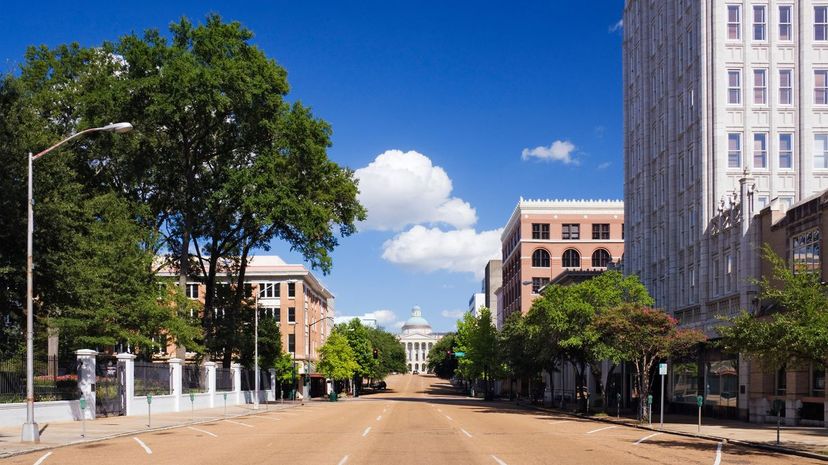
Magnolias are everywhere in Mississippi, so it's no wonder they're celebrating the fragrant flower with the official nickname, "The Magnolia State." The magnolia is both the state's official tree and official flower.
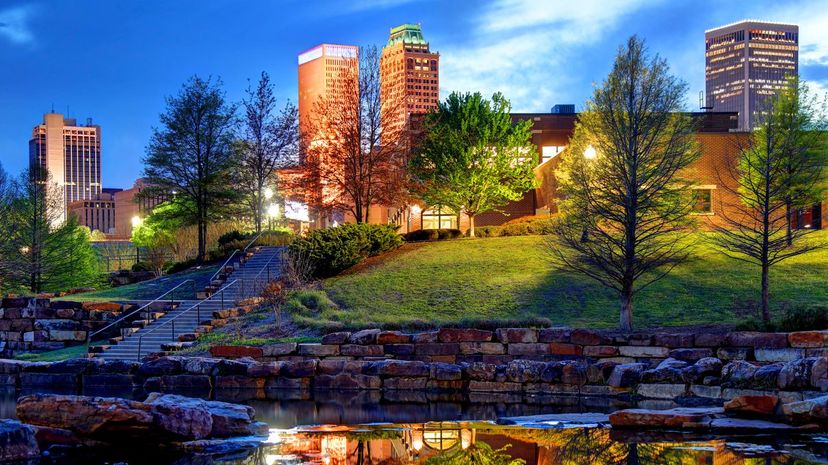
"Boomer Sooner" is a rallying cry for the state's University of Oklahoma and part of its official nickname, "The Sooner State." A "sooner" was someone who claimed available land in the area earlier than it was made available to the waiting public.
Advertisement
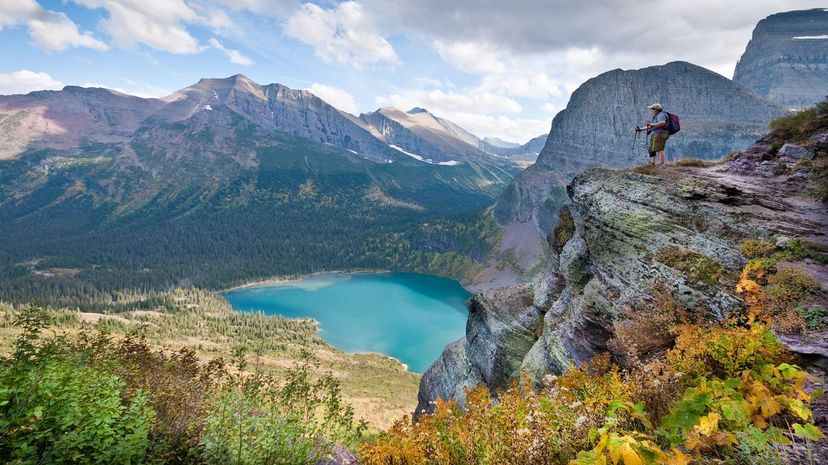
If you were looking for gold, silver or sapphires and didn't make it all the way to California, Montana might just have been far enough. The "treasures" found there over the years helped cement the state's nickname.

The origin of the "lone star" in Texas' nickname and its flag has various interpretations. Most people believe it somehow represents Texas' tumultuous history in its tug-of-war between Mexico, the United States and its own independence.